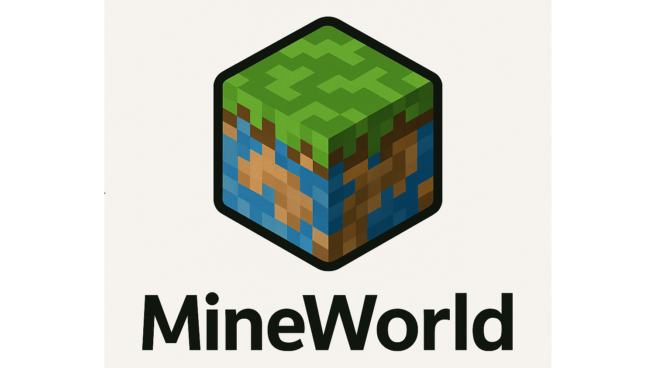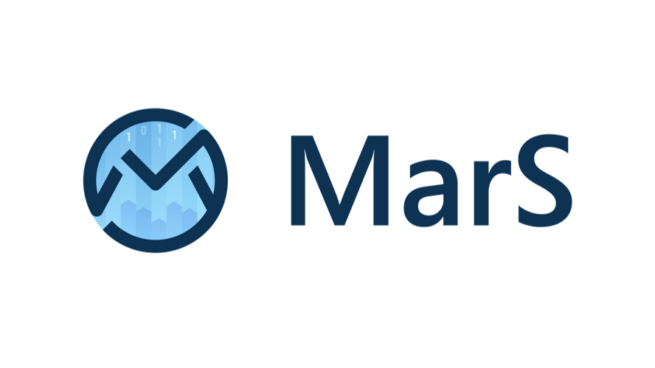À propos
Dr. Jiang Bian serves as a Partner Research Manager at Microsoft Research, where he spearheads the MSR Asia Industry Innovation Center (MIIC). His mission involves cultivating innovative, disruptive technologies and fostering forward-looking insights to accelerate digital transformation across key industries. Specifically, Dr. Bian guides his team in developing groundbreaking AI frameworks and algorithms for real-world applications, encompassing finance, supply chain management, healthcare, and sustainability.
Before joining Microsoft Research, Dr. Bian held a position as a Scientist at Yahoo! Labs in the United States, where he managed content optimization and personalization, as well as web search modules for the Yahoo! Homepage. Subsequently, he joined Yidian Inc., a prominent content distribution platform in China, as a core member of the startup. In this role, he primarily focused on the development of advanced recommendation models.
Dr. Bian has made significant contributions to the field, authoring numerous research papers presented at prestigious international conferences and filing several US patents. Additionally, he has served as a Program Committee Member for multiple international conferences and a Peer Reviewer for several esteemed journals.
Dr. Bian holds a bachelor’s degree from Peking University in China and earned his Ph.D. in computer science at the Georgia Institute of Technology in the United States.
Industry AI -- Open Sources

RD-Agent: A Multi-Agent Framework for Automating Industrial R&D Process
RDAgent aims to automate the most critical and valuable aspects of the industrial R&D process, and we begin with focusing on the data-driven scenarios to streamline the development of models and data. Methodologically, we have identified a framework with two key components: 'R' for proposing new ideas and 'D' for implementing them. We believe that the automatic evolution of R&D will lead to solutions of significant industrial value. More details can be found here: https://github.com/microsoft/rd-agent

PIKE-RAG: sPecIalized KnowledgE and Rationale Augmented Generation
PIKE-RAG enhances Retrieval Augmented Generation (RAG) systems by focusing on extracting, understanding, and applying domain-specific knowledge while building coherent reasoning logic. It addresses challenges in knowledge segmentation and retrieval accuracy by using context-aware segmentation techniques and automatic term label alignment. PIKE-RAG excels in complex reasoning tasks, demonstrated by its high performance on multi-hop question answering datasets like HotpotQA and MuSiQue. It has shown significant improvements in fields such as industrial manufacturing, mining, and pharmaceuticals, making it a versatile tool for integrating multi-source information and performing multi-step reasoning.

MineWorld: A Real-time interactive world model on Minecraft
MineWorld is an open-source, real-time interactive world model built on Minecraft, designed to advance the development of intelligent agents capable of perceiving, simulating, and responding to dynamic environments. By leveraging an autoregressive Transformer architecture and a novel parallel decoding algorithm, MineWorld generates high-fidelity game frames conditioned on player actions at up to 7 frames per second—enabling fluid, real-time interaction. It jointly models visual scenes and control signals as tokenized sequences, setting a new benchmark in controllability and efficiency for AI-driven simulations and autonomous agent research.

MarS: A Financial Market Simulation Engine Powered by Generative Foundation Model
MarS is a cutting-edge financial market simulation engine powered by the Large Market Model (LMM), a generative foundation model. MarS addresses the need for realistic, interactive, and controllable order generation. This paper's primary goals are to evaluate the LMM's scaling law in financial markets, assess MarS's realism, balance controlled generation with market impact, and demonstrate MarS's potential applications.

VidTok: A Family of Versatile and State-Of-The-Art Video Tokenizers
We introduce VidTok, a cutting-edge family of video tokenizers that excels in both continuous and discrete tokenizations. VidTok incorporates several key advancements over existing approaches: ⚡️ Efficient Architecture. Separate spatial and temporal sampling reduces computational complexity without sacrificing quality. 🔥 Advanced Quantization. Finite Scalar Quantization (FSQ) addresses training instability and codebook collapse in discrete tokenization. 💥 Enhanced Training. A two-stage strategy—pre-training on low-res videos and fine-tuning on high-res—boosts efficiency. Reduced frame rates improve motion dynamics representation. VidTok, trained on a large-scale video dataset, outperforms previous models across all metrics, including PSNR, SSIM, LPIPS, and FVD. Blog: https://jokerchen.me/en-us/research/blog/vidtok-introduces-compact-efficient-tokenization-to-enhance-ai-video-processing/

BatteryML: An Open-Source Tool for Machine Learning on Battery Degradation
The performance degradation of lithium batteries is a complex electrochemical process, involving factors such as the growth of solid electrolyte interface, lithium precipitation, loss of active materials, etc. Furthermore, this inevitable performance degradation can have a significant impact on critical commercial scenarios, such as causing 'range anxiety' for electric vehicle users and affecting the power stability of energy storage systems. Therefore, effectively analyzing and predicting the performance degradation of lithium batteries to provide guidance for early prevention and intervention has become a crucial research topic. To this end, we open source the BatteryML tool to facilitate the research and development of machine learning on battery degradation. We hope BatteryML can empower both battery researchers and data scientists to gain deeper insights from battery degradation data and build more powerful models for accurate predictions and early interventions.

Qlib: An AI-Oriented Quantitative Investment Platform
Qlib is an AI-oriented quantitative investment platform, which aims to realize the potential, empower the research, and create the value of AI technologies in quantitative investment. It contains the full ML pipeline of data processing, model training, back-testing; and covers the entire chain of quantitative investment: alpha seeking, risk modeling, portfolio optimization, and order execution. With Qlib, user can easily try ideas to create better Quant investment strategies. For more details, please refer to the site https://github.com/microsoft/qlib and our paper "Qlib: An AI-oriented Quantitative Investment Platform".

ProbTS: Benchmarking Point and Distributional Forecasting across Diverse Prediction Horizons
A wide range of industrial applications desire precise point and distributional forecasting for diverse prediction horizons. ProbTS serves as a benchmarking tool to aid in understanding how advanced time-series models fulfill these essential forecasting needs. It also sheds light on their advantages and disadvantages in addressing different challenges and unveil the possibilities for future research.

